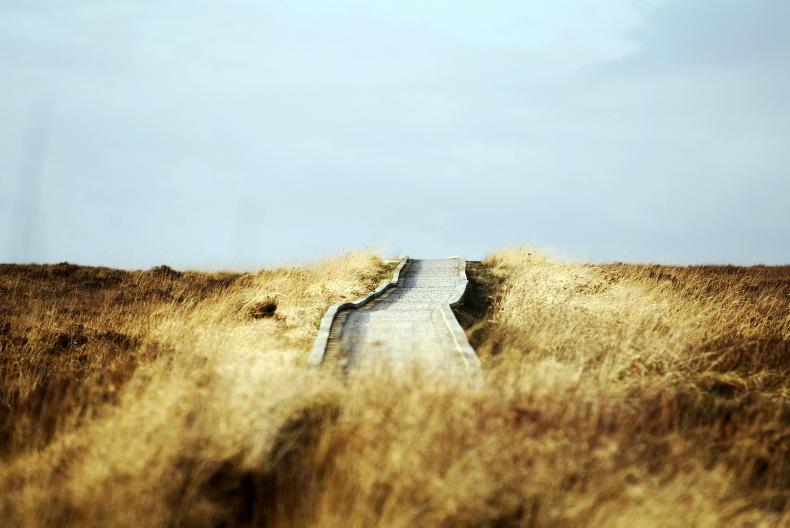It’s time to “re-plumb” wetlands landscapes in a way where we learn to live with water better, director of conservation at the Wildfowl and Wetlands Trust (WWT) James Robinson told an event at COP26 on Tuesday.
Speaking at the Unlocking the nature/net zero balance event, he said natural capital in the UK has been eroded.
“Since Roman times, we’ve lost about 90% of these wetlands and it’s time to re-plumb that landscape in a way where we learn to live with water better.
“I think that’s the key thing I would like to see into the future, a blue recovery,” he said.
New wetlands
He said the trust has an aspiration, in partnership, to create at least 100,000ha of new wetland habitats across the UK to put their benefits back into the landscape.
“They’re not just good for people, they’re good for wildlife and we know that economically they’re fantastic as well. Let’s scale up and let’s make sure that we do build back better,” he said.
Partnerships
Landowners, farmers, local government, NGOs and official agencies are among the groups that should be working in partnership to deliver better water quality, chair of Natural England Tony Juniper said.
He said that when it comes to nature-based solutions, one of the things which has to be recognised is this is not only about policy or science, this is also about partnerships.
“Because if we are going to harness these kinds of solutions for eco-system recovery, we need to do it at a larger scale than we have done in the past and for that to be co-ordinated across catchment areas.

“We have a great deal of science now telling us of the need to take a more ambitious, a bolder, approach for the recovery of nature.
"If we can incorporate that into strategies for the future of water, at the same times as low carbon, then we’ll get much further than we would by pursuing any one of these agendas on their own.
“That partnership building at catchment level will require landowners and farmers and people managing the land, local government, NGOs, official agencies like ourselves, house builders and of course the water companies, working in common cause,” he said.
Solutions at scale
CEO of the Woodland Trust Darren Moorcroft told the event that it is sitting in one of the most nature-depleted countries in the world.
“We sit in one of the most nature-depleted countries of the world, we sit in one of the least tree-covered countries in the world. The opportunity to get better is fundamentally there for us.
“It’s about the deployment of solutions at scale, and bringing communities along with us and doing the right things in the right place,” he said.
Commenting on restoring eco systems and habitats, he said: “A lot of these habitats we’re looking at creating will need long-term establishment, long-term management and getting that right will mean that it will last all of us on this stage and all of us in this conference.”
'Completely dead forests’
Associate director of the climate change think-tank E3G Ronan Palmer spoke at the event virtually from his base in Cork.
“I am greeting you from the neighbouring island in the neighbouring state and just a few kilometres out of where I live in Cork city, I can see plenty of examples of beautiful living forests, our Atlantic rainforests and not so beautiful examples of completely dead forests of Sitka spruce, dry underneath.
“They are not providing huge value to the environment or to the watershed. Likewise, with peatlands, it is a sad reflection that one of the things that this country is ahead of Britain on is deforestation and really messing up our peatlands.
"We can beat anybody in how to destroy a bit of peatland and you can travel for miles without seeing a decent copse of trees.”
He said that people really matter and in making changes - “we really need to ensure people are brought along with us”.






 This is a subscriber-only article
This is a subscriber-only article










SHARING OPTIONS: